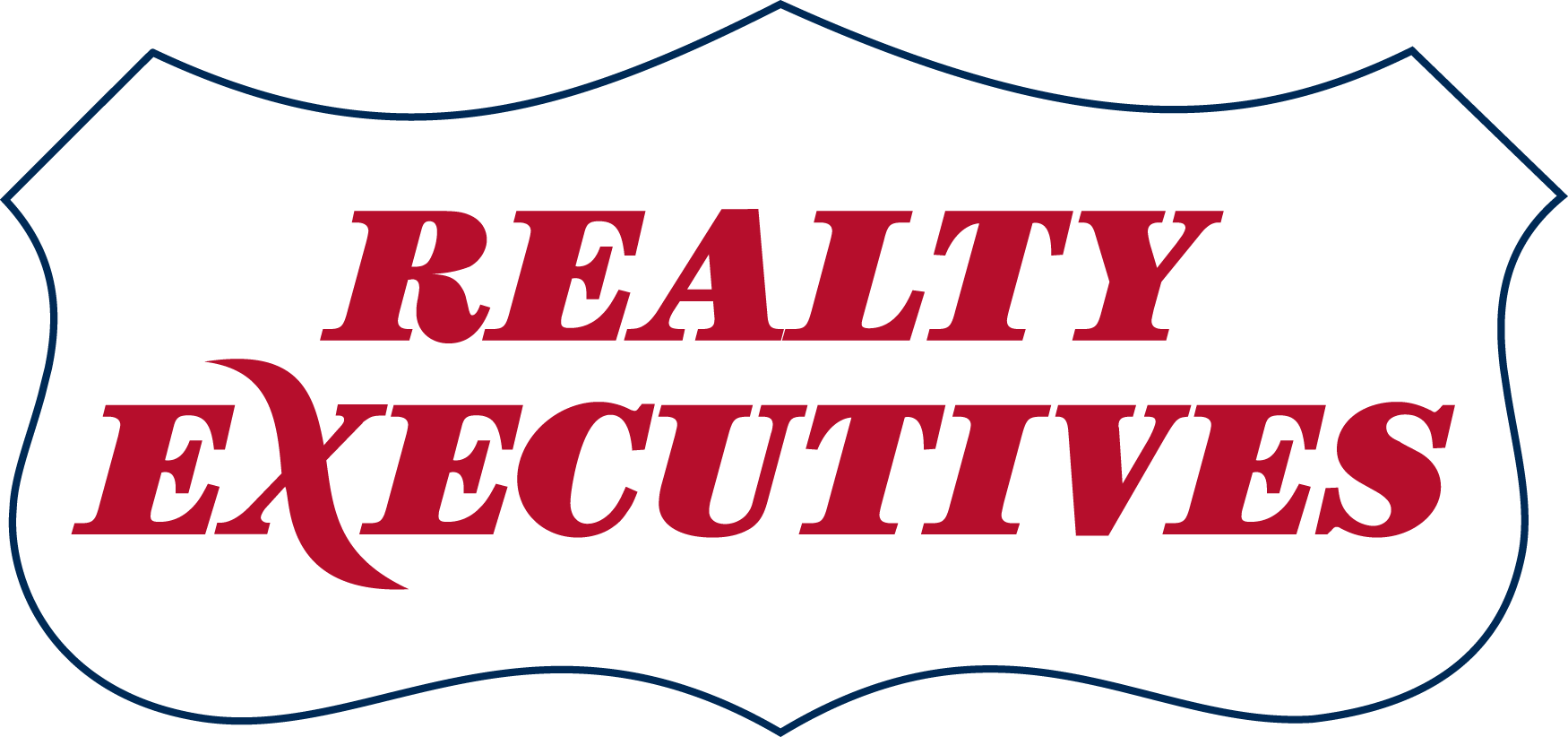IF YOU'RE PLANNING TO BORROW...
HERE'S A FEW THINGS YOU CAN DO TO ENSURE YOU HAVE
A SMOOTH AND SUCCESSFUL LOAN TRANSACTION
1. Evaluate Your Finances:
- Create a Detailed Budget - Calculate your monthly income, expenses, and debts. This will help you understand how much you can afford to spend on a home without compromising your financial stability.
- Determine Your Down Payment Budget - Many people think you need 20% down when borrowing a loan for a home purchase. In some cases you don't need a down payment at all, but most loan programs require a down payment between 3%-5%. A down payment of at least 20% of the home's purchase price allows you to avoid private mortgage insurance (PMI). But if credit scores are high, over 740 for example, the PMI payments may be low enough to justify putting less than 20% down, either keeping your liquid assets in the bank, or saving less and buying sooner. You should definitely consult an expert for guidance.
2. Check Your Credit Score:
- Obtain Your Credit Report - Request a free credit report from all three major credit bureaus (Equifax, Experian, TransUnion). Review your report for errors and work on improving your credit score if needed.
- Improve Your Credit Score - Pay bills on time, reduce credit card balances, and avoid opening new lines of credit before applying for a mortgage. Keeping your balances below 30% of you credit limit will help maximize your credit score. Also, do not close accounts with $0 balance...these cards contribute toward the "depth" or age of credit, which is an important contributing factor in the credit score algorhithm.
3. Savings Account:
- In addition to your savings for down payment and closing expenses, consider building an emergency fund for unexpected expenses. I've always used a rule-of-thumb of budgeting 1% of the home value divided by 12, as a monthly savings goal to cover maintenance and upkeep annually.
4. Employment Stability:
- Maintain stable employment and income source.
- Avoid changing jobs before applying for a mortgage.
- If you're self-employed or an independent contractor, you'll most likely need 2 consecutive years completed & filed tax returns to be used in calculating your net income. Income from employment, such as W-2 income, is calculated using the gross amount, as opposed to the net amount.
5. Documents List:
- Income Documentation
- Recent pay stubs
- W-2 forms for the past two years
- Tax returns for the past two years (if self-employed)
6. Financial Statements:
- Bank statements (all pages) for the last few months
- Investment account statements (all pages) usually quarterly
- Gift funds from family or close established personal relationships can be used for down payment and closing expenses. A mortgage lender will require at least a "Gift Letter" concerning the gift funds, and for some loan types, proof of funds source from the donor may be required.
- Proof of additional income (if any)
7. Credit Report Information:
- A mortgage lender will pull a mortgage credit report called a "tri-merge" with data from all three major credit bureaus combined on one single report. These report typically include credit scores from each bureau.
- Be prepared to provide written explanations for any negative items on your credit report.
8. Absolutely Seek Professional Advice:
- Consult a mortgage advisor or financial planner. I'm a licensed mortgage advisor and I can offer sound mortgage guidance, even if you're obtaining your purchase loan from another lender.
- Have a clear understanding of the different types of loans, (Conventional, Jumbo, FHA, VA, Non-TRID), as well different loan programs (fixed-rate, adjustable-rate, hybrid fixed-ARM, etc.
- Start early, and seek guidance from an expert on improving your financial profile for a mortgage application. Google is not always correct. And remember, thorough preparation and organization are key to a successful mortgage application.
David Uster | REALTOR® at Realty Executives Phoenix | All Rights Reserved ©2023



